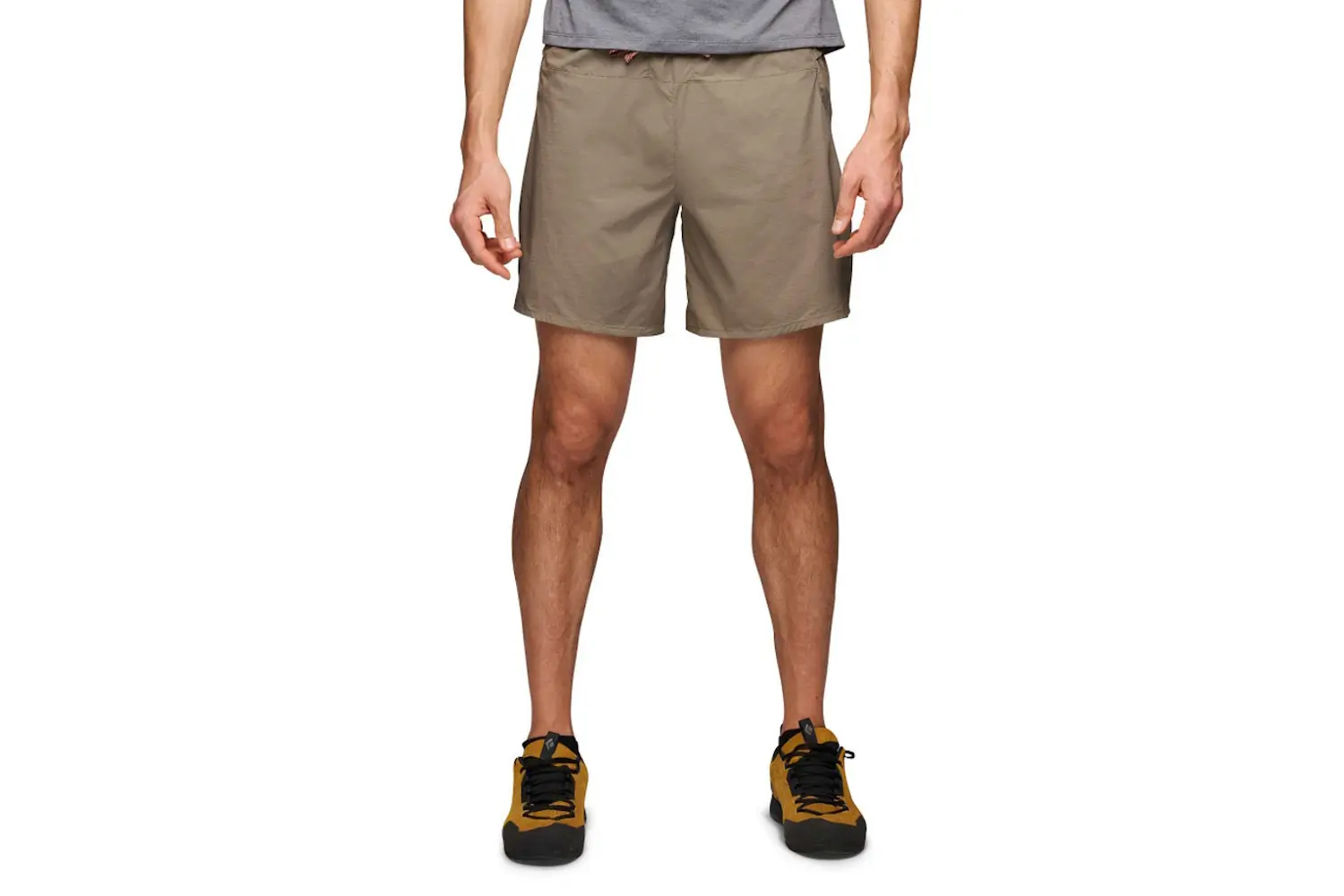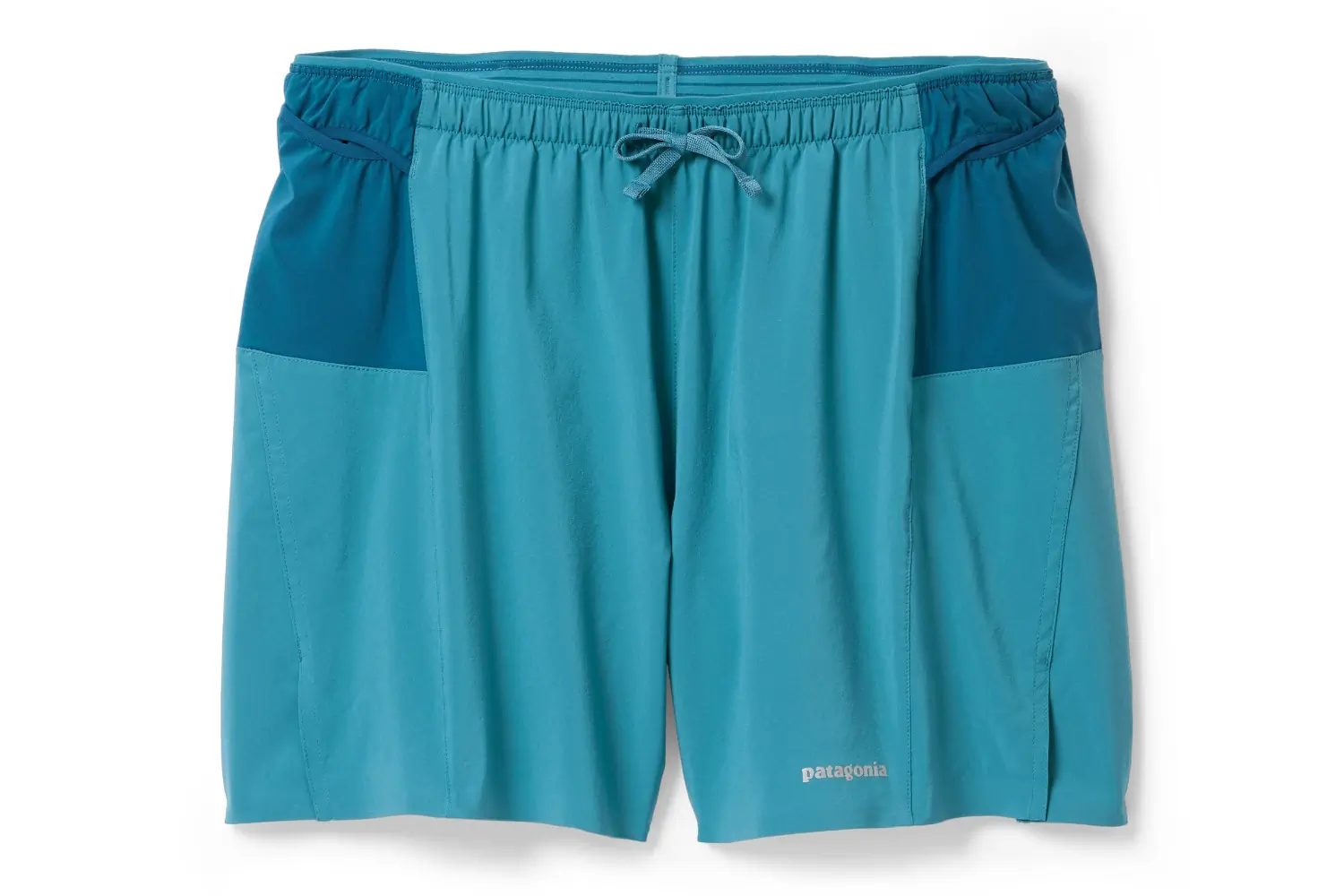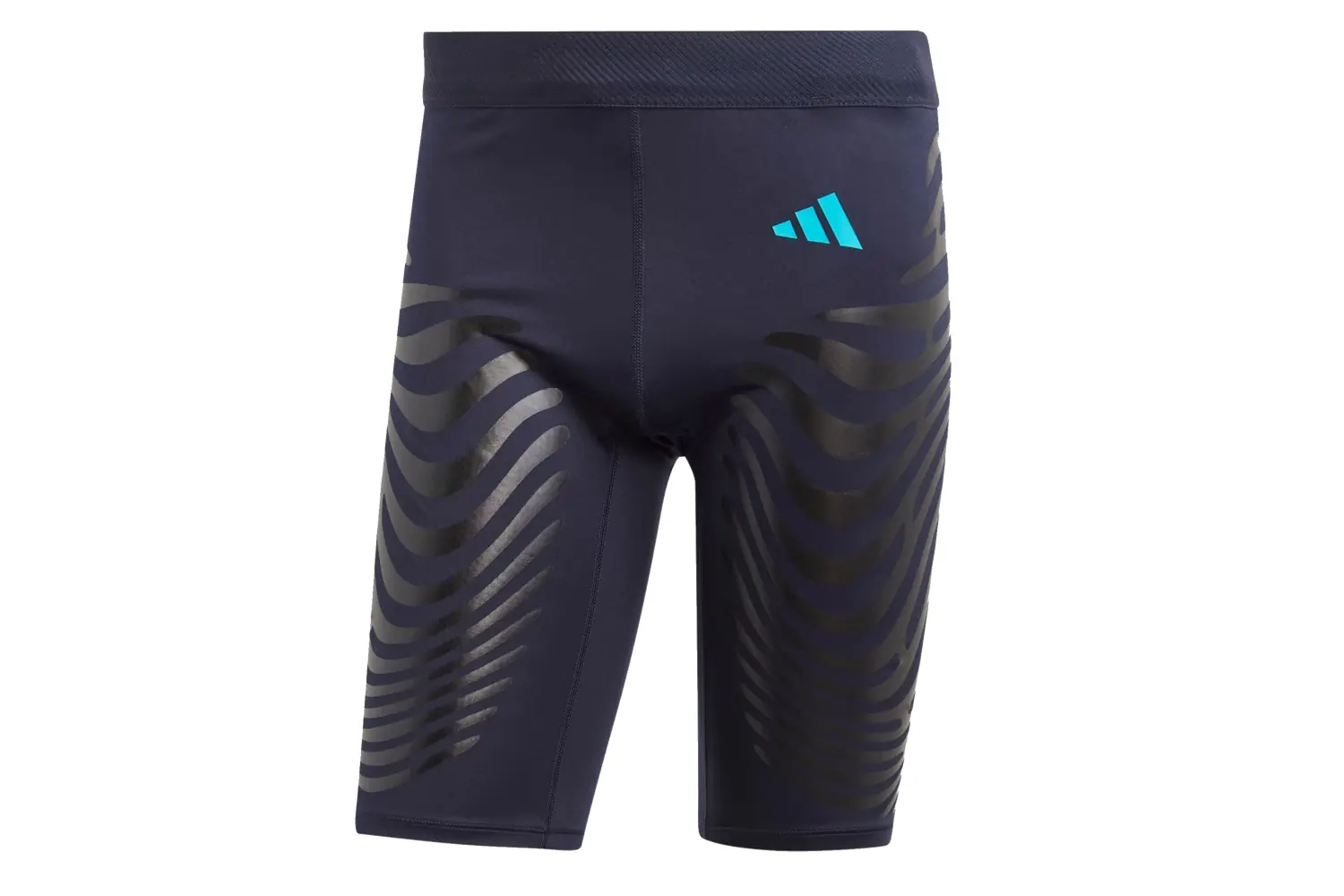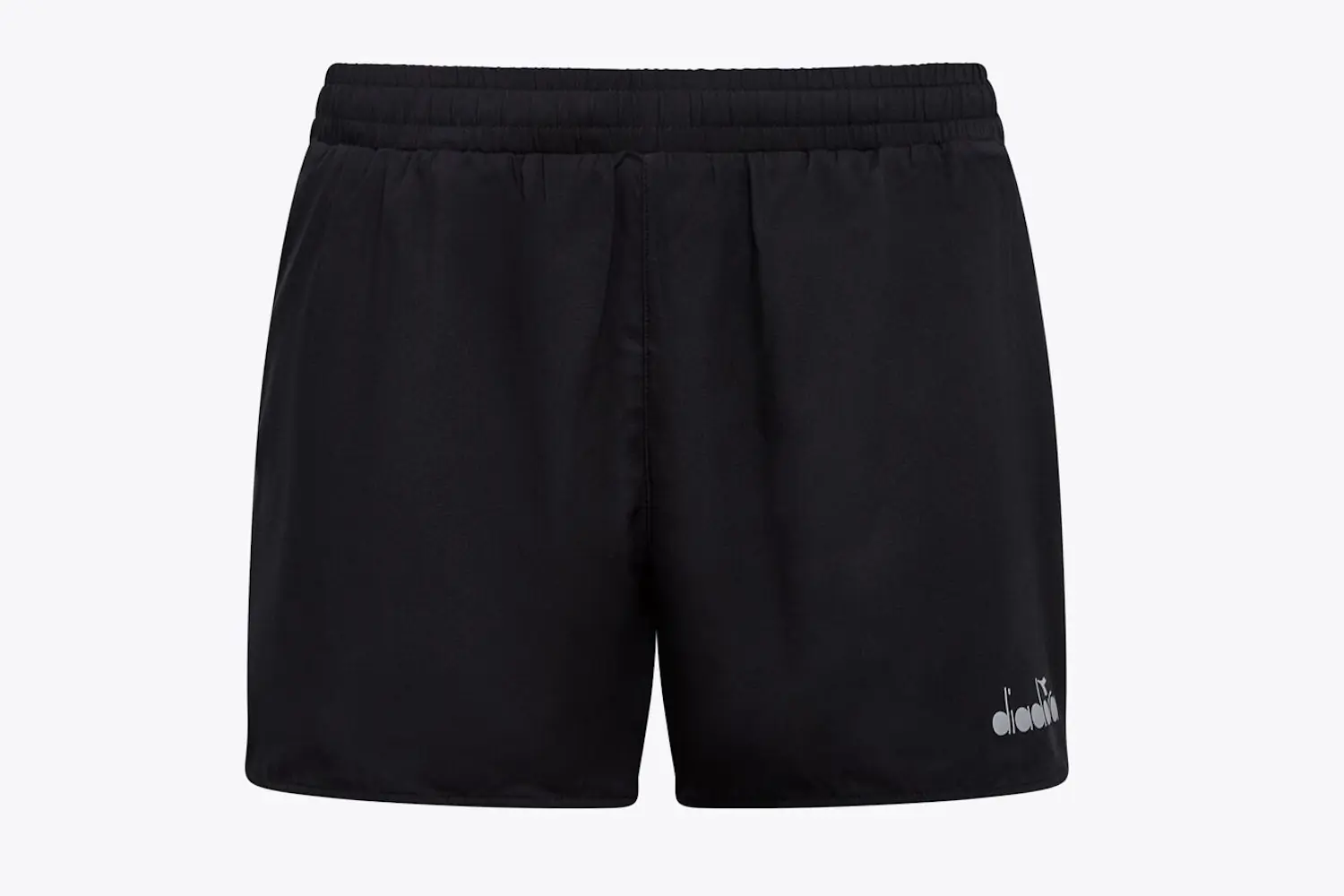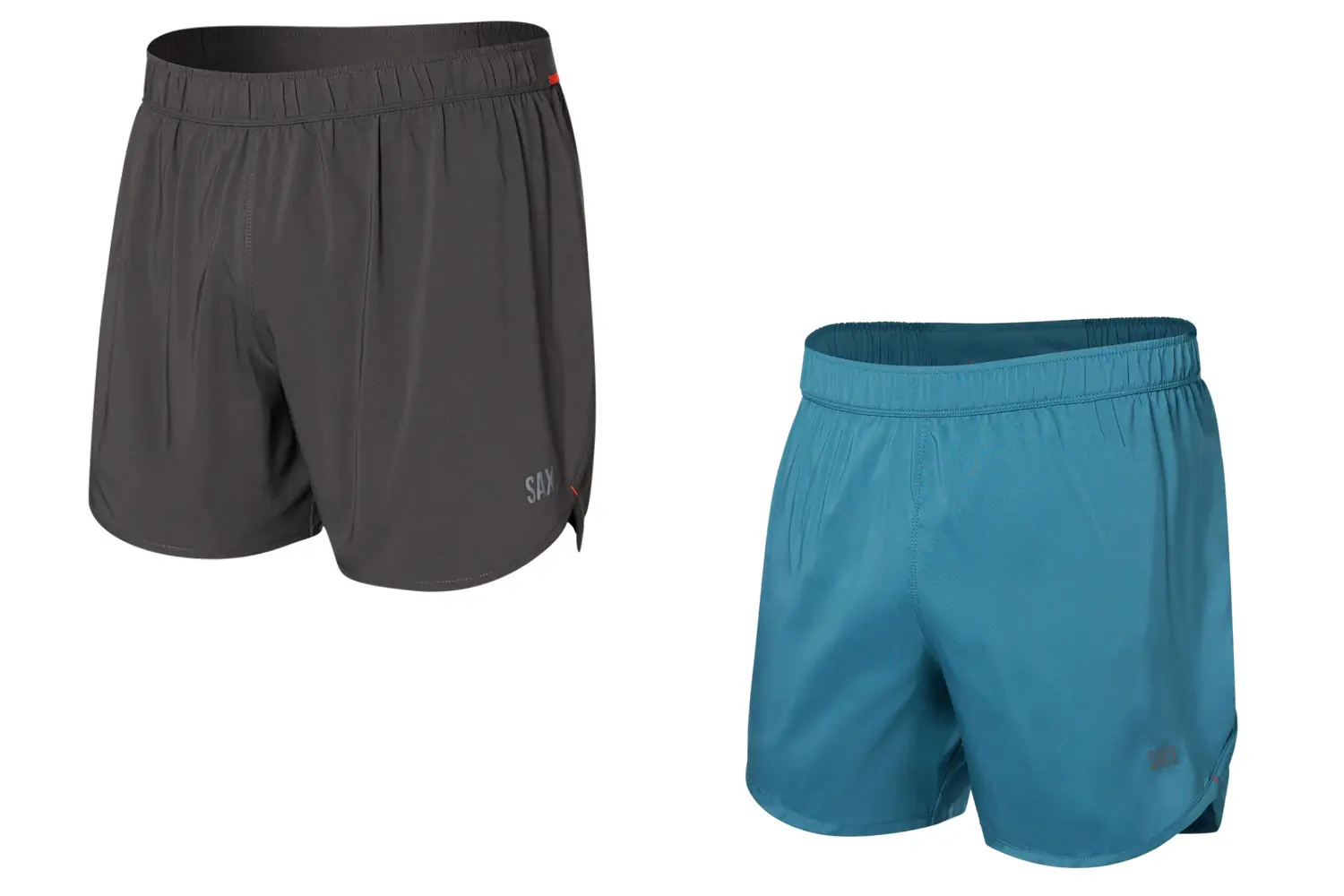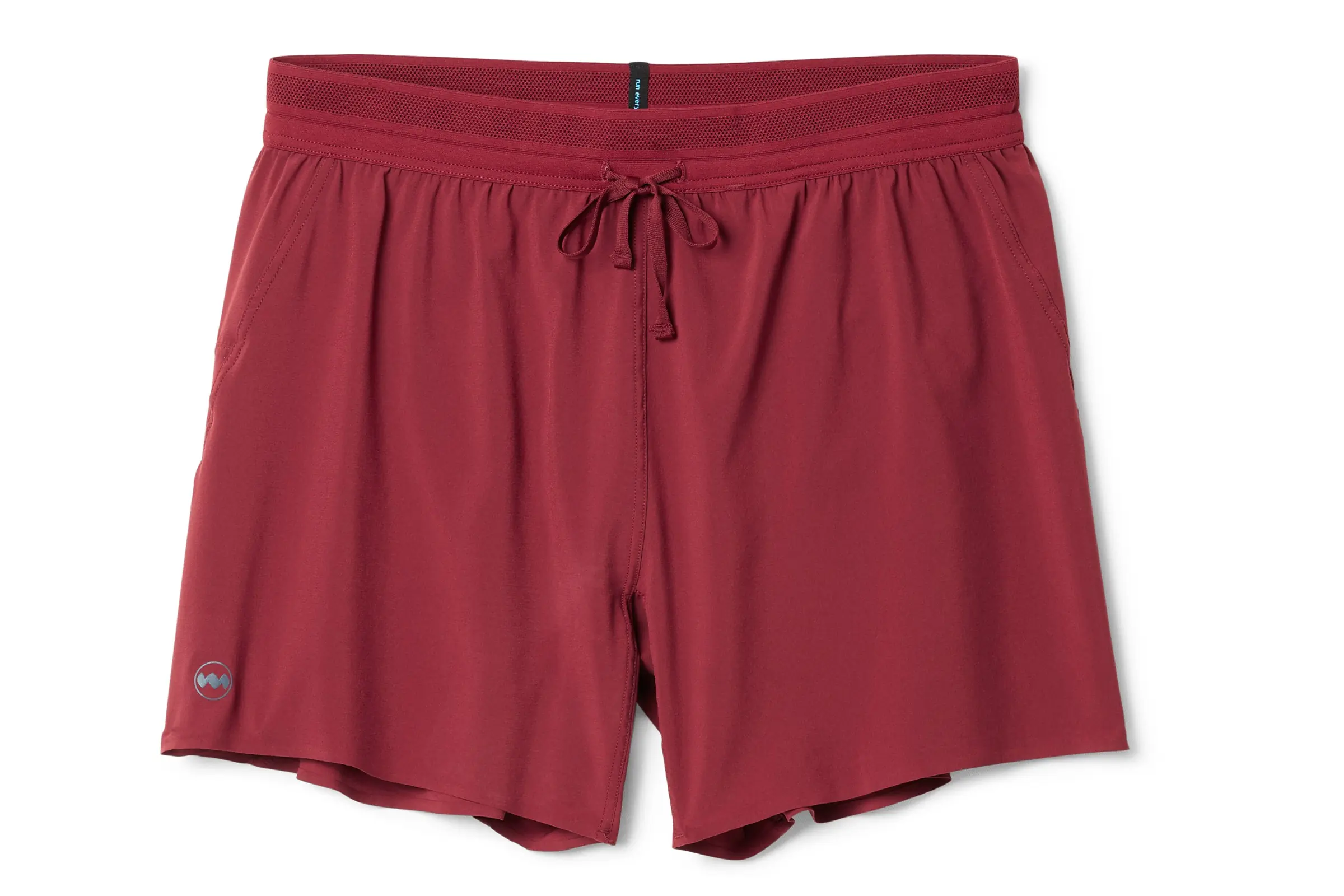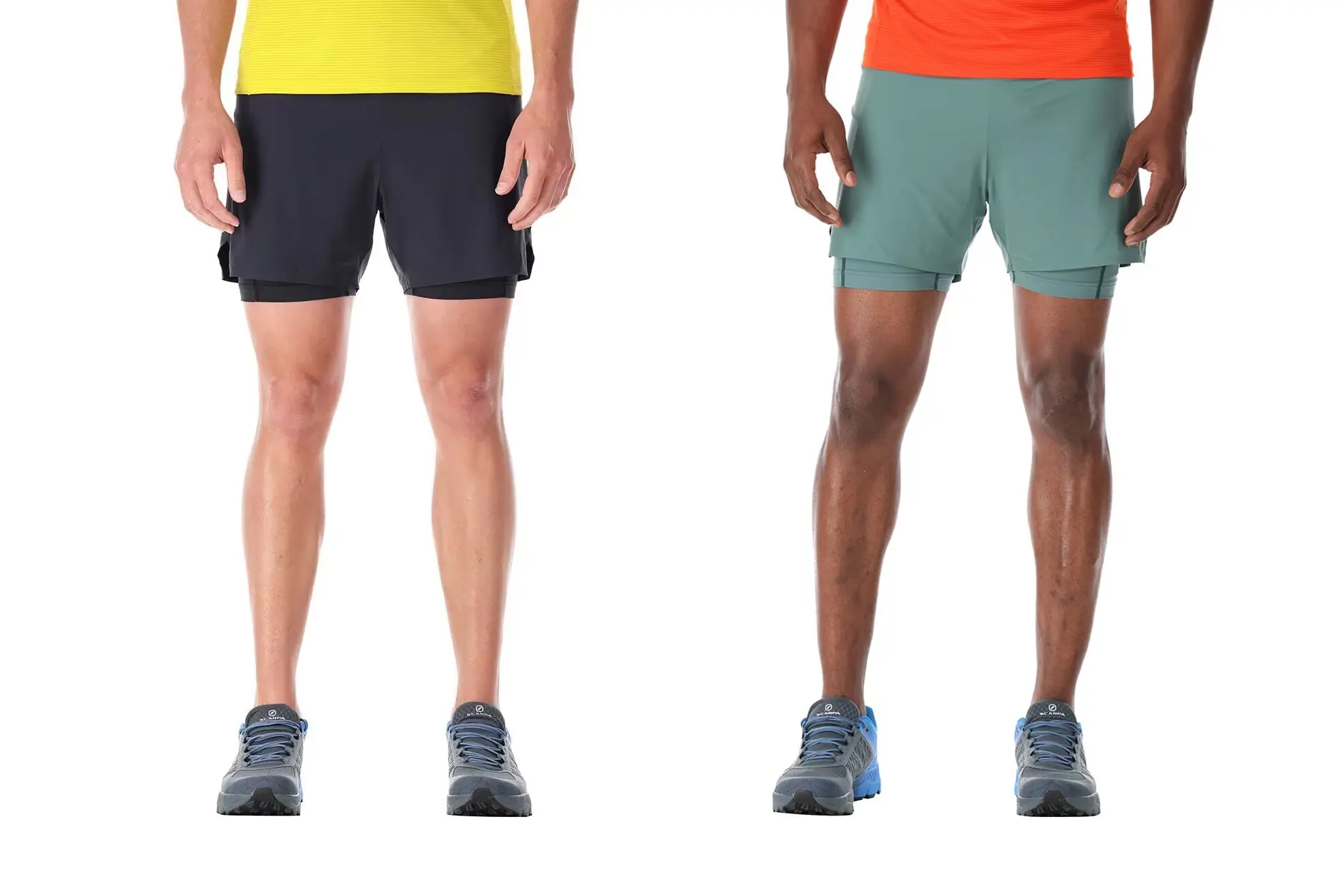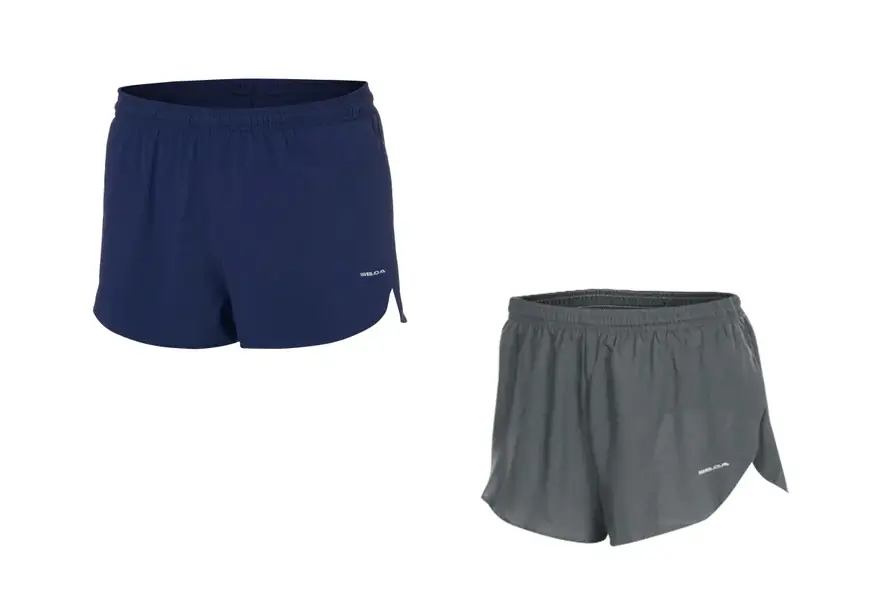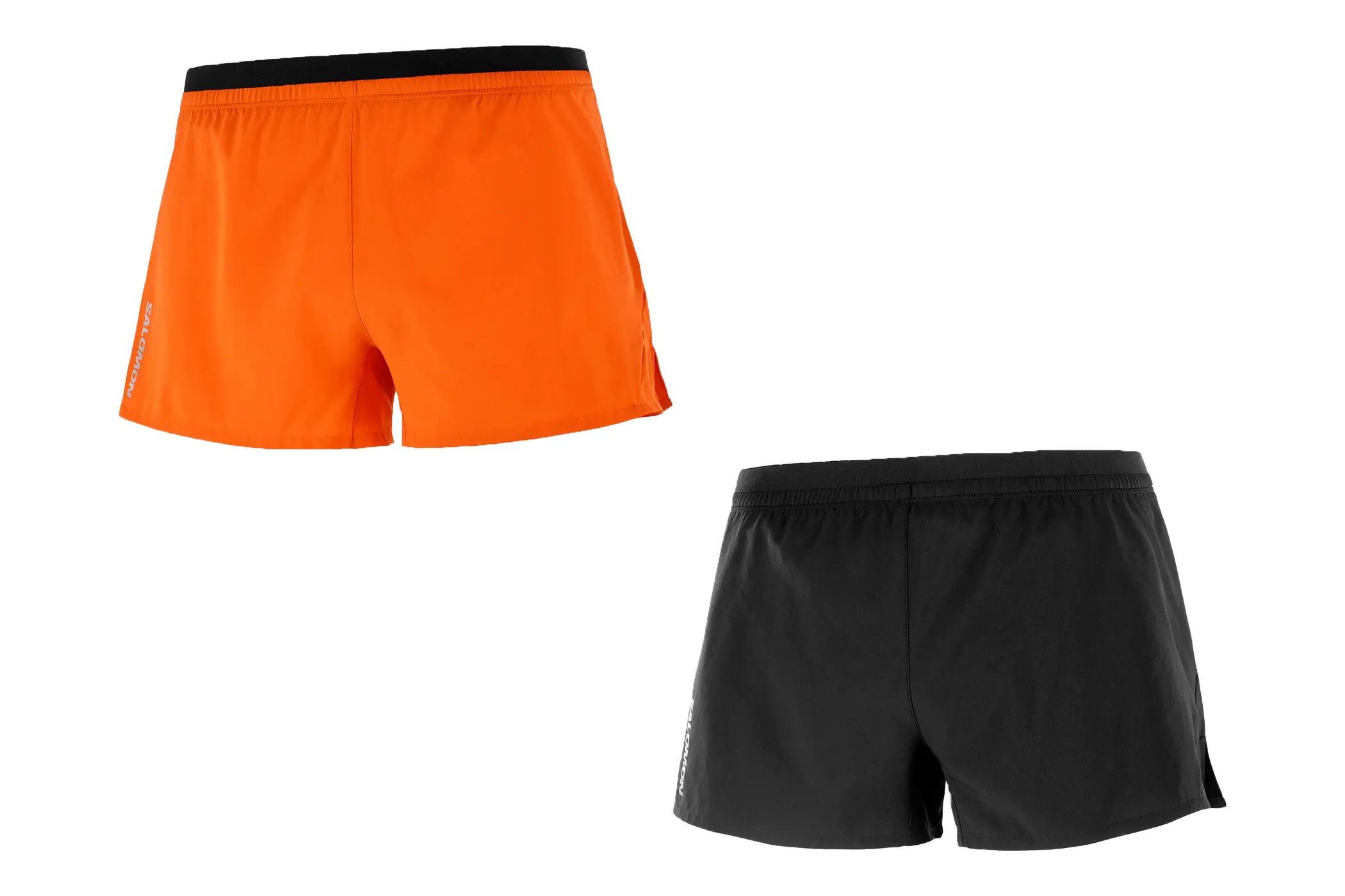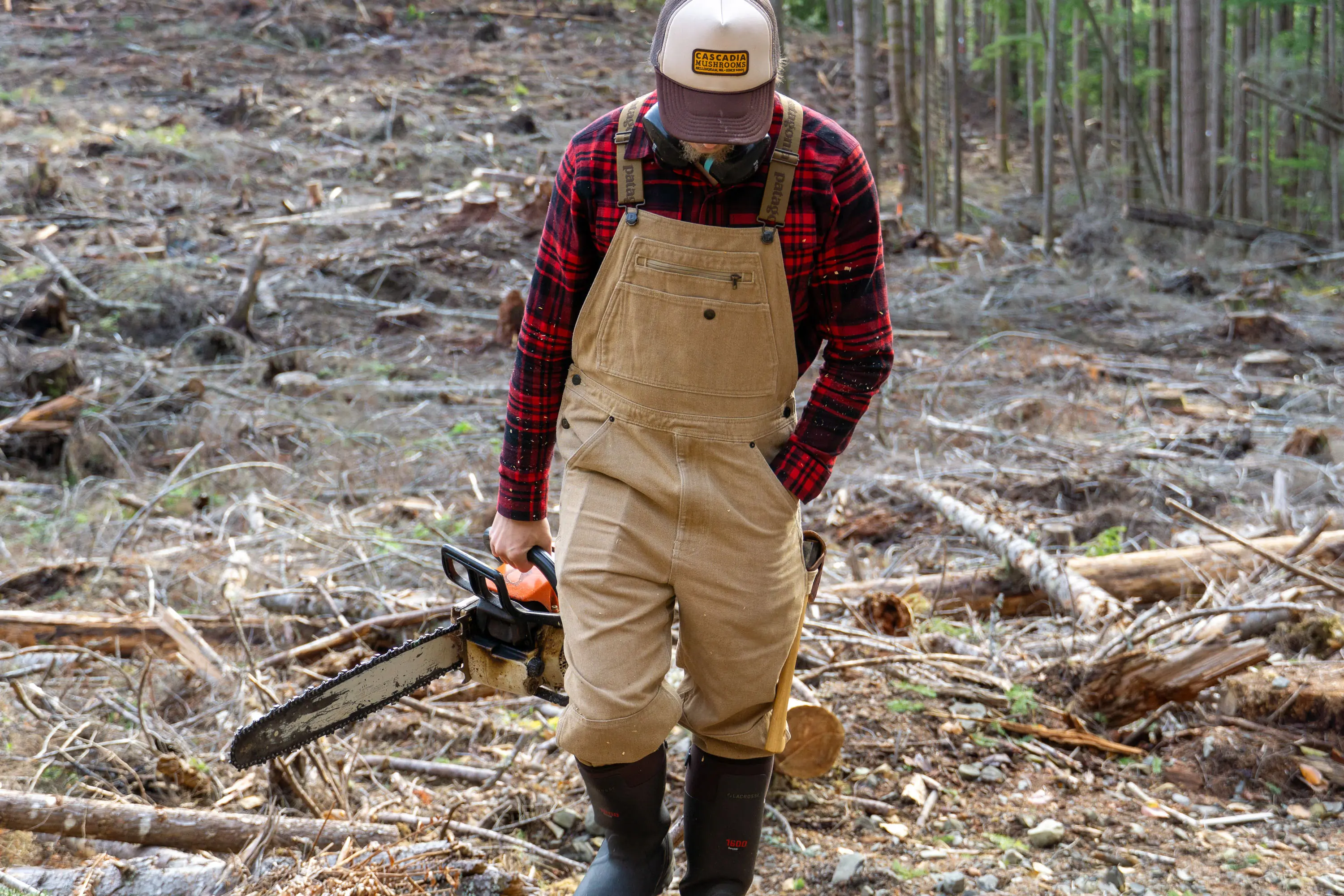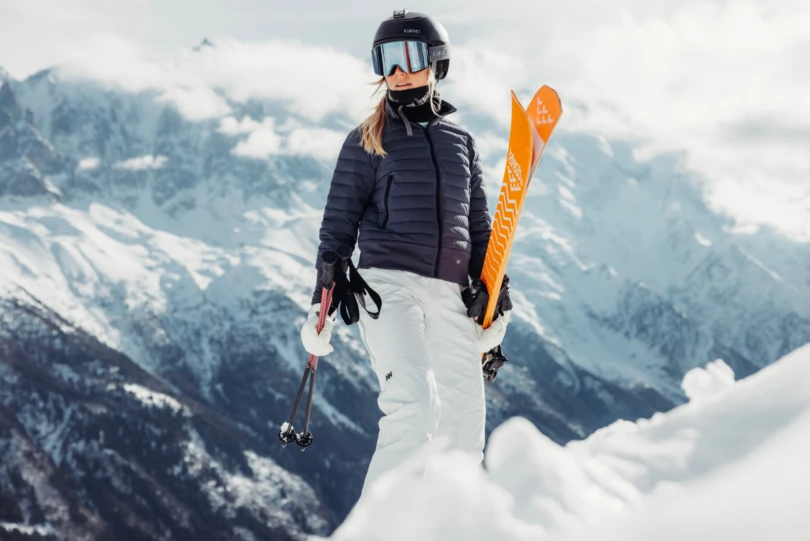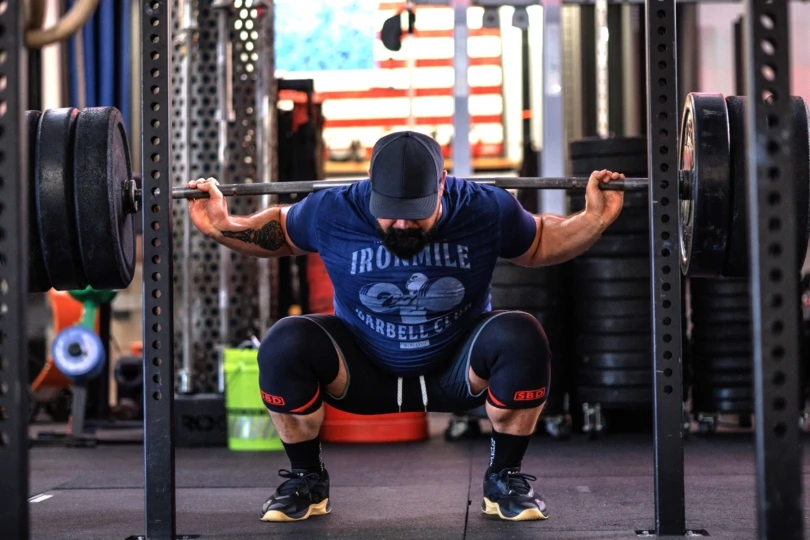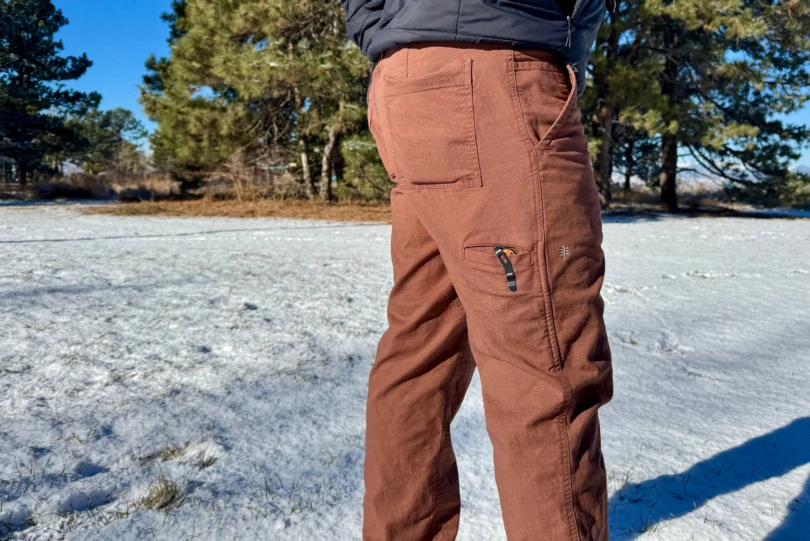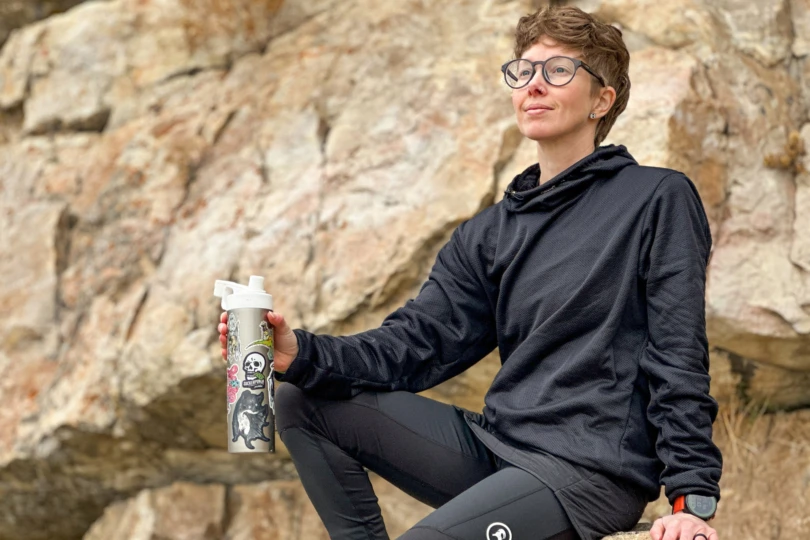Thanks to advancements in fabric technology and design, today’s running shorts are better than ever. Overall, materials are lighter, more comfortable, and offer better mobility.
All running shorts should allow you to move freely — that’s a given. The best running shorts, however, should not only provide freedom of movement but also keep moisture at a minimum to ward off chafing and keep items like your phone, keys, and fuel secure without bouncing around.
After months of testing, even years in some cases, we’ve narrowed down the best for whatever type of running you’re into. The shorts on this list are the ones we kept reaching for time and time again.
If you’re interested in broadening your knowledge about running shorts, check out our comprehensive buyer’s guide and price & value sections at the end of this article. And be sure to look at our comparison chart when it’s decision time.
Editor’s Note: For our November 8, 2024, update, we made sure that all the selections are current and added notes on price and value to our buyer’s guide.
The Best Running Shorts for Men of 2025
REI Co-Op Swiftland Running Shorts
- Length: 5" and 7"
- Shell: 73% nylon, 27% spandex; Bluesign approved
- Liner: Brief (80% nylon, 20% spandex; Bluesign approved)
- Pockets: 1 rear zipper, 2 side drop-ins
Pros
- Extremely lightweight and airy
- Secure, bounce-free main pocket
- Next-to-nothing feeling
Cons
- Small zippered pocket opening
Baleaf 5″ Running Athletic Shorts
- Length: 5" and 7"
- Shell: 89.7% polyester, 10.3% spandex
- Liner: Brief (91.7% polyester, 8.3% spandex)
- Pockets: 1 rear zippered
Pros
- Well-priced
- Stretchy
Cons
- Baggy
Tracksmith Session Short
- Length: 5"
- Shell: 86% nylon, 14% elastane
- Liner: Brief (89% polyester, 11% spandex)
- Pockets: 1 rear zipper
Pros
- Unbelievably comfortable
- Polygiene anti-odor, antimicrobial treated
- Great for post-run outings
Cons
- Somewhat heavyweight fabric compare to others tested
Black Diamond Distance Short
- Length: 5" and 7"
- Shell: 88% nylon, 12% elastane w/DWR
- Liner: Brief (100% polyester)
- Pockets: 2 rear zippered, 3 drop-in
Pros
- Well-designed pockets
- Wind-resistant shell is great for mountain running
- Comfortable waistbelt
Cons
- Retains moisture more than most
Patagonia Strider Pro Shorts
-
Value
7.5
-
Durability
8.0
-
Style
8.5
-
Performance
9.0
- Length: 5” and 7"
- Shell: 90% recycled polyester, 10% spandex
- Liner: Brief (100% Recycled polyester double knit)
- Pockets: One rear zipper, four envelope enclosure drop-in
Pros
- Newly added four-way stretch
- Carrying capacity
- Comfortable waistline
Cons
- Expensive
- Sizing is finicky
Adidas Adizero Control Short Running Tights
- Length: Above the knee
- Shell: 83% recycled polyester, 17% elastane doubleknit
- Liner: N/A
- Pockets: None
Pros
- Great compression
- Reinforced crotch area
Cons
- Lack of pockets
Diadora Super Light Shorts
- Length: 5"
- Shell: 100% polyester
- Liner: Brief (86% polyester 14% elastane)
- Pockets: 1 side drop-in, 1 side zipper & 1 rear envelope drop-in
Pros
- Useful pocket configuration for gym use
- No chemical additives used
Cons
- Rear pocket doesn't fit a phone
- Length: 5"
- Shell: 100% polyester
- Liner: Compression mesh liner: (85% nylon, 15% elastane)
- Pockets: 1 rear drop in & 1 linear
Pros
- Extremely supportive liner
- Comfortable
Cons
- Heavy
- Length: 3” and 5"
- Shell: 88% recycled polyester, 12% elastane
- Liner: Brief (94% polyester, 6% spandex)
- Pockets: One rear zipper, one internal; drop-in w/ bungee cord
Pros
- Extremely lightweight
- Fast drying time
- Bungee securely attaches keys
- 14 colors to choose from
Cons
- Some may find them too short
- Length: 7"
- Shell: 86% polyamide, 14% elastane.
- Liner: Boxer brief (85% polyamide, 15% elastane)
- Pockets: one rear zipper, on an extra-large front drop-in, one tiny internal waist drop-in, and one side leg drop in pocket
Pros
- High-performance material
- Comfortable waistline
Cons
- Expensive
- Heavy items in pockets will bounce around
- Length: 1”
- Shell: 100% polyester
- Liner: Brief (100% polyester)
- Pockets: 1 internal drop-in
Pros
- Fantastic price point
- Excellent range of motion
- Large pick of colors and prints
Cons
- Only one small pocket
- Uncomfortable waistband
- Length: 3”
- Shell: 100% polyester
- Liner: Brief (100% polyester)
- Pockets: 1 rear zipper
Pros
- Lightweight
- Great mobility
- Perfect in-between length
Cons
- Only one pocket
- Waistband doesn’t have good elasticity
Running Shorts Comparison Chart
| Shorts | Price | Lengths | Shell | Liner | Pockets |
|---|---|---|---|---|---|
| REI Co-Op Swiftland Running Shorts | $60 | 5″ and 7″ | 73% nylon, 27% spandex; Bluesign approved | Brief (80% nylon, 20% spandex; Bluesign approved) | 1 rear zipper, 2 side drop-ins |
| Baleaf 5″ Running Athletic Shorts | $22 | 5″ and 7″ | 89.7% polyester, 10.3% spandex | Brief (91.7% polyester, 8.3% spandex) | 1 rear zippered |
| Tracksmith Session Shorts | $68 | 5″ | 86% nylon, 14% elastane | Brief (89% polyester, 11% spandex) | 1 rear zipper |
| Black Diamond Distance Short | $95 | 5″ and 7″ | 88% nylon, 12% elastane w/DWR | Brief (100% polyester) | 2 rear zippered, 3 drop-in |
| Patagonia Strider Pro Shorts | $85 | 5″ and 7″ | 90% recycled polyester, 10% spandex | Brief (100% recycled polyester double knit) | 1 side zippered, 4 envelope enclosure drop-in |
| Adidas Adizero Control Short Running Tights | $100 | Above the knee | 83% recycled polyester, 17% elastane doubleknit | Brief (83% recycled polyester, 17% elastane doubleknit) | None |
| Diadora Super Light Shorts | $70 | 5″ | 100% polyester | Brief (86% polyester 14% elastane) | 1 side drop-in, 1 side zipper & 1 rear envelope drop-in |
| Saxx Hightail | $68 | 5″ | 100% polyester | Compression mesh liner: (85% nylon, 15% elastane) | 1 rear drop-in |
| Janji AFO Middle Shorts | $64 | 3” and 5″ | 88% recycled polyester, 12% elastane | Brief (94% polyester, 6% spandex) | 1 rear zipper, 1 internal; drop-in w/ bungee cord |
| Rab Talus Trail Shorts | $100 | 7″ | 86% polyamide, 14% elastane | Boxer brief (85% polyamide, 15% elastane) | 1 rear zipper, on an extra-large front drop-in, 1 tiny internal waist drop-in, and 1 side leg drop-in pocket |
| BOA 1” Split Short | $32 | 1″ | 100% polyester | Brief (100% polyester) | 1 internal drop-in |
| Salomon Men’s Cross 3″ Shorts | $45 | 3″ | 100% polyester | Brief (100% polyester) | 1 rear zipper |

How We Tested Running Shorts
Our Expert Tester
Cory Smith has been a runner since 1992. He’s a full-time running coach who has been reviewing running gear since 2014. In addition to running shorts, he covers road running shoes and GPS watches, and he writes training articles for GearJunkie.
Our Testing Process
To find the best running shorts, we start with hours of online research. We attend trade shows such as The Running Event and Outdoor Retailer for newly released shorts, such as the SAXX Hightail, and keep our eye out for up-and-coming brands like Ten Thousand.
For this test, our research resulted in over 20 pairs of running shorts tested. We then conducted a thorough field test to evaluate each short on fit, comfort, mobility, moisture-wicking, and carrying capacity. Testing locations included up and down the coast of California as well as trails in Mammoth Lakes, Moab, and Seattle.
Buyer’s Guide: How to Choose Running Shorts
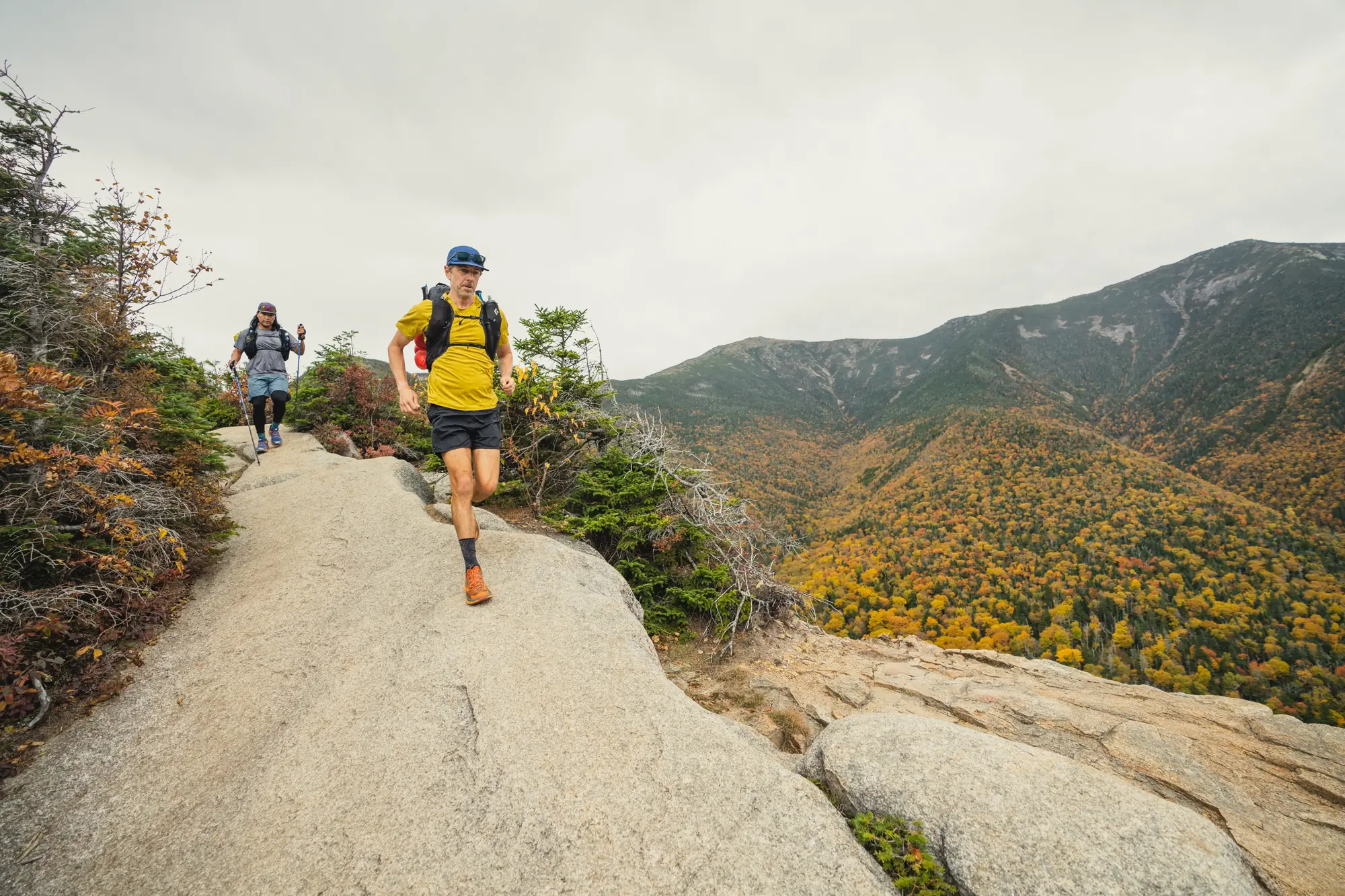
It can be hard to sort through what’s really important when finding a pair of running shorts. To help, here are the key things you need to know about running shorts.
Material
Running shorts follow the same rules as every other technical sports apparel — moisture-wicking fabric is a must. The two most predominant are polyester and nylon blends.
I prefer shorts that have a blend of stretch fabrics such as spandex or elastane in them. This gives the shorts greater flexibility and mobility, ultimately limiting restriction.
Higher percentages of these flexible fabrics do have a downside — they tend to absorb and retain more moisture. Moisture-ridden fabric and poor fit are the top causes of chafing.
If chafing is an issue for you, pay attention to the fabric and look for a pair of shorts that has a slightly different makeup. Half tights and 2-in-1s are great options for between-the-leg chafing protection.


Inseam Length
The inseam indicates how far down the leg the short sits. It measures the length from the crotch to the end of the shorts and usually comes in 3-inch, 5-inch, and 7-inch options.
Most of the shorts tested, with the exception of the 3-inch version, come in both a 5-inch and 7-inch option. The ideal inseam length is as much a matter of personal preference as whether you enjoy running road, track, or trail. However, the 5-inch option seems to be the most popular.
Short shorts, such as a 3-inch inseam, are often known as split shorts and tend to be the coolest and least restrictive. Longer shorts such as the 5-inch or 7-inch version are our go-to when traveling because of their all-purpose versatility, easily doubling as gym shorts, hiking shorts, or even swimming shorts.


Liners & Shells
Most running shorts have two layers: an outer shell and an inner liner. The inner liner’s primary focus is built-in support and is either a mesh brief or spandex-type compression tight, called a 2-in-1.
If you’re someone who struggles with between-the-legs chafing, we recommend looking at a 2-in-1 short such as the SAXX Hightail or a half tight like the Adidas. Having a built-in quarter-length compression liner will protect your legs from rubbing together. Liners are a much-debated feature, but every runner eventually settles on one or the other after a few uncomfortable miles.
The outer shell is always made with some sort of moisture-wicking material such as polyester, nylon, or wool. Some are treated with DWR to help repel water. DWR-treated shorts great for wind protection, but they can absorb and hold moisture longer than non-DWR-treated shorts.
Most shorts these days will blend in a stretchy fabric such as spandex or elastane to give the shorts extra mobility. If you struggle with finding shorts that fit properly or experience shorts riding up, we recommend you look for shorts with spandex and/or elastane.
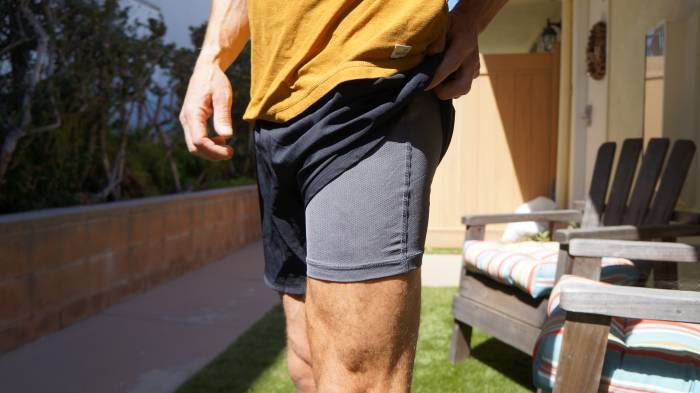

Pockets
If you want to carry items such as your phone, keys, or fuel during your run, you’ll want a pair of shorts with pockets. Look for shorts with pockets that are close to the waistline. The tension used to hold the shorts up serves as a great anchor point to prevent them from bouncing around as you run.
Shorts with a thicker waistline and/or 2-in-1s are better at holding items tightly against your waist. Pockets with zippers are ideal for storing keys, credit cards, and your phone.
How many pockets you need depends on what you want to carry. However, there is a tipping point where you’ll want to start using a vest or waist belt to hold your items.
It’s a good idea to invest in at least one pair of shorts with a large carry capacity like the Black Diamond Sprint. These are great for runs when you’re traveling and may need to carry more items than usual.


Waistbands & Drawcords
Running shorts are made with various waistband styles for comfort and fit. Drawcords are built into the waist, inside or outside, allowing for a tighter fit. Things to look for in a waistband are thickness, material, and elastically. However, in the end, it all comes down to personal preference and what works for you.
Waistband thicknesses generally range from just under one inch to two and a half inches. We prefer shorts with a thin piece of highly elastic material that rests flat against the skin. Ideally, if a pair of shorts fit well, you should not need to tighten the drawstring, as they often come loose when running — and stopping to tighten it can be a real pain.
If you’re hot around the waist or find the fabric rubbing, we suggest finding a waistband with perforations like the Janji AFO Middle Shorts. Perforations are small holes along the waistband that enhances breathability by allowing heat to escape.
If you need to carry items such as your phone or gels for fueling, we recommend shorts with a thick waistband like the REI Swiftland or Black Diamond Distance Short. A thicker waistband can hold more items securely without bouncing around because it provides a better anchor around your waist.
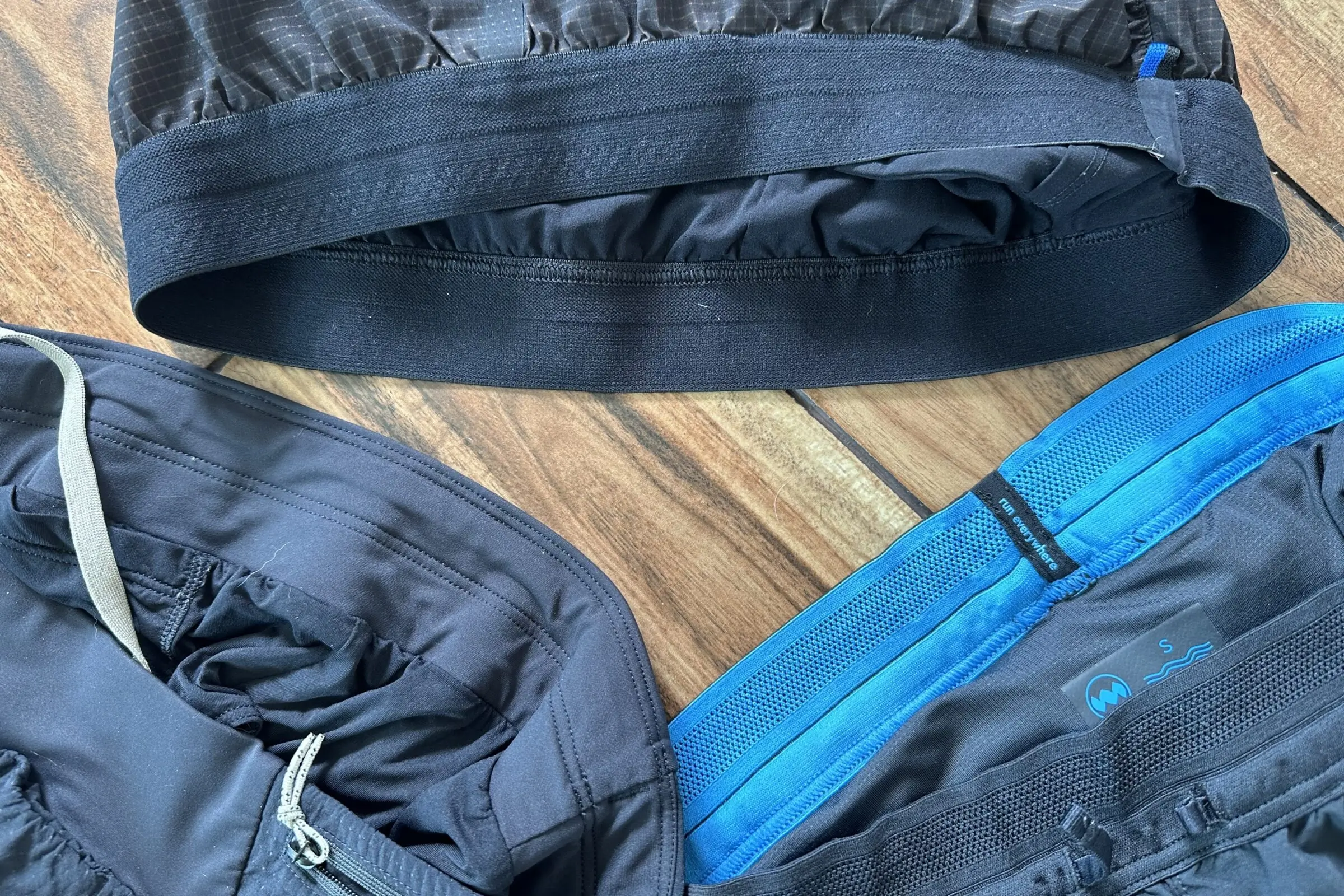



Price & Value
Budget
You can get by with a pair of budget running shorts, which usually run anywhere from $20 to $40, but often, these shorts are pretty bare bones. You’re usually sacrificing features like zippered pockets, lightweight materials, and liners in this price range. One excellent pair of budget running shorts are the Baleaf 5″ Running Athletic Shorts ($22), which are made with lightweight materials, offer a liner with moderate support, and have a zippered pocket that’s big enough for a smartphone. They do run large, so if you go with these, make sure to size down.
Mid-Tier
A solid mid-tier pair of running shorts will usually run anywhere from $40 to $80. Upping the price range means lighter materials, more supportive liners, and excellent moisture wicking. The Tracksmith Session Shorts ($70) are a perfect example of what you’d get in this price range. They are highly effective at wicking moisture, extremely stretchy and comfortable, and are the most comfortable shorts on this list. On top of that, they’re Polygiene anti-odor microbial treated as well.
Premium
When you get near and over the $100 mark, you start creeping into specialty territory. At the higher end of the price range, you’ll find perks like top-tier materials, ultra-lightweight fabric, and especially shorts like half-length tights. The Adizero Control Short Tights ($100), for example, provide outstanding support and compression and they never rode up during runs.
Frequently Asked Questions
The best running shorts are made with a performance moisture-wicking fabric, such as polyester or nylon, have a built-in liner for support, and offer a secure place to store items like your phone, keys, or fuel. Some running shorts are blended with a stretchy fabric such as spandex or elastane to allow for unrestricted mobility when running.
Running shorts come in all different lengths from 2 to 7 inches, but 5 inches seems to be the most popular length.
It depends on the type of shorts. Half-tights, or compression shorts, are designed to fit skin-tight.
The close-to-the-skin fit makes them ideal for runners who struggle with chafing, keeping your quads, hamstrings, and glutes warm during cold and/or rainy runs. All other shorts should fall somewhere between tight and loose, but to what degree they fit is somewhat of a personal preference.
Chafing is a really painful problem for a lot of runners that can be solved with the proper pair of running shorts. The uncomfortable skin irritation is caused by two surfaces excessively rubbing together and is more likely to happen when a fabric has been soaked with moisture.
If you’re struggling with chafing, we recommend trying a pair of shorts with a built-in compression liner such as a 2-in-1 like the SAXX Hightail. The longer liner can provide extra protection against friction.
If that doesn’t work, we suggest trying a pair of shorts with a different fabric makeup. The part wool liner of the Smartwool Merino Sport Lined 5″ Short can be a good option.
The large majority of running shorts are designed to be worn without underwear. They have a built-in mesh liner or compression tight that provides the support needed while running. If you find the built-in liner does not provide enough, you can wear a pair of brief underwear for added support.
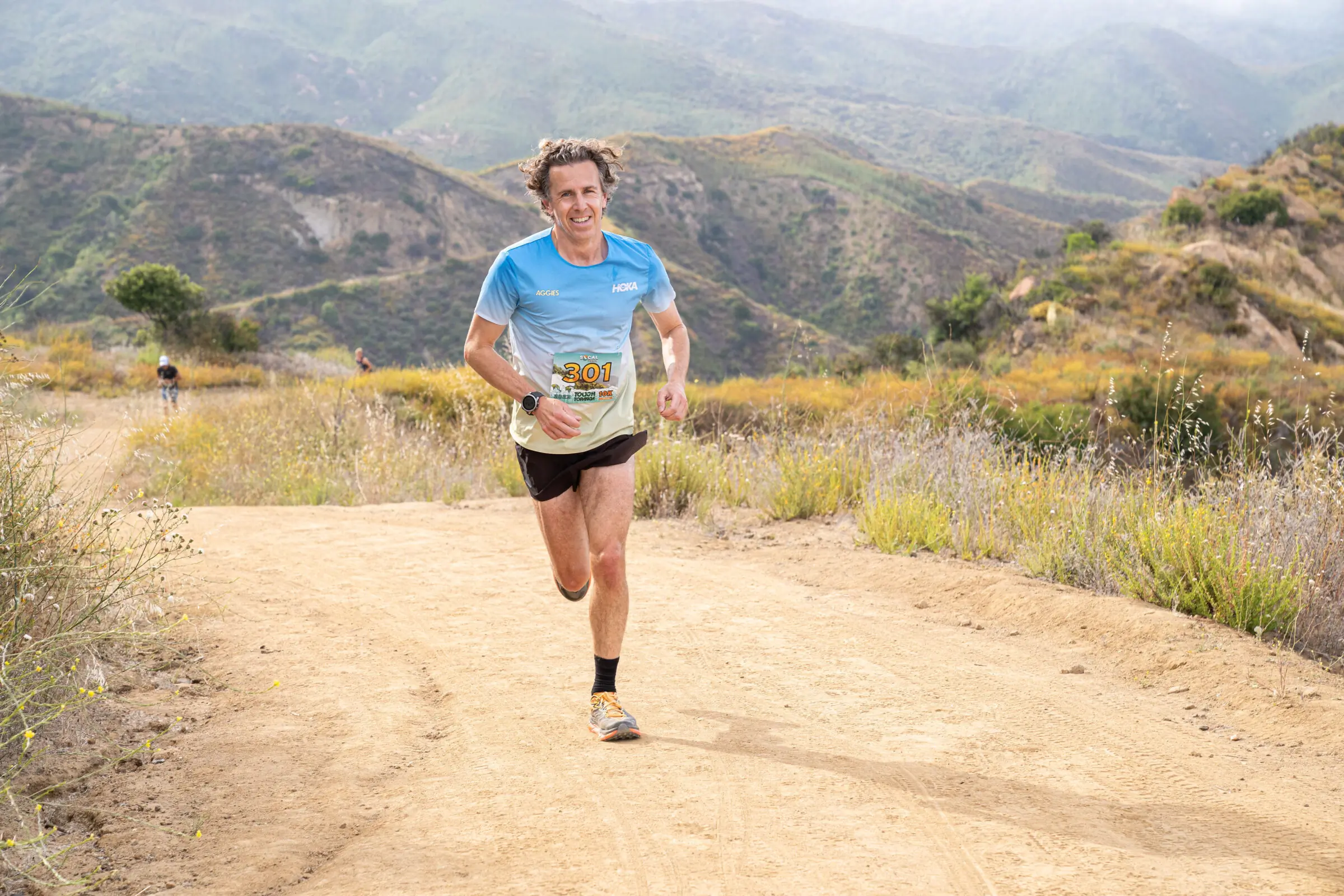





The Best Running Shoes of 2025
We tested the best running shoes of 2025 with options for every budget. Top picks include Craft, HOKA, Brooks, and more!


The Best Running Hats of 2025
Whether pounding the pavement or hitting the trail, we’ve found the best running hats from REI, Brooks, Patagonia, and more!




